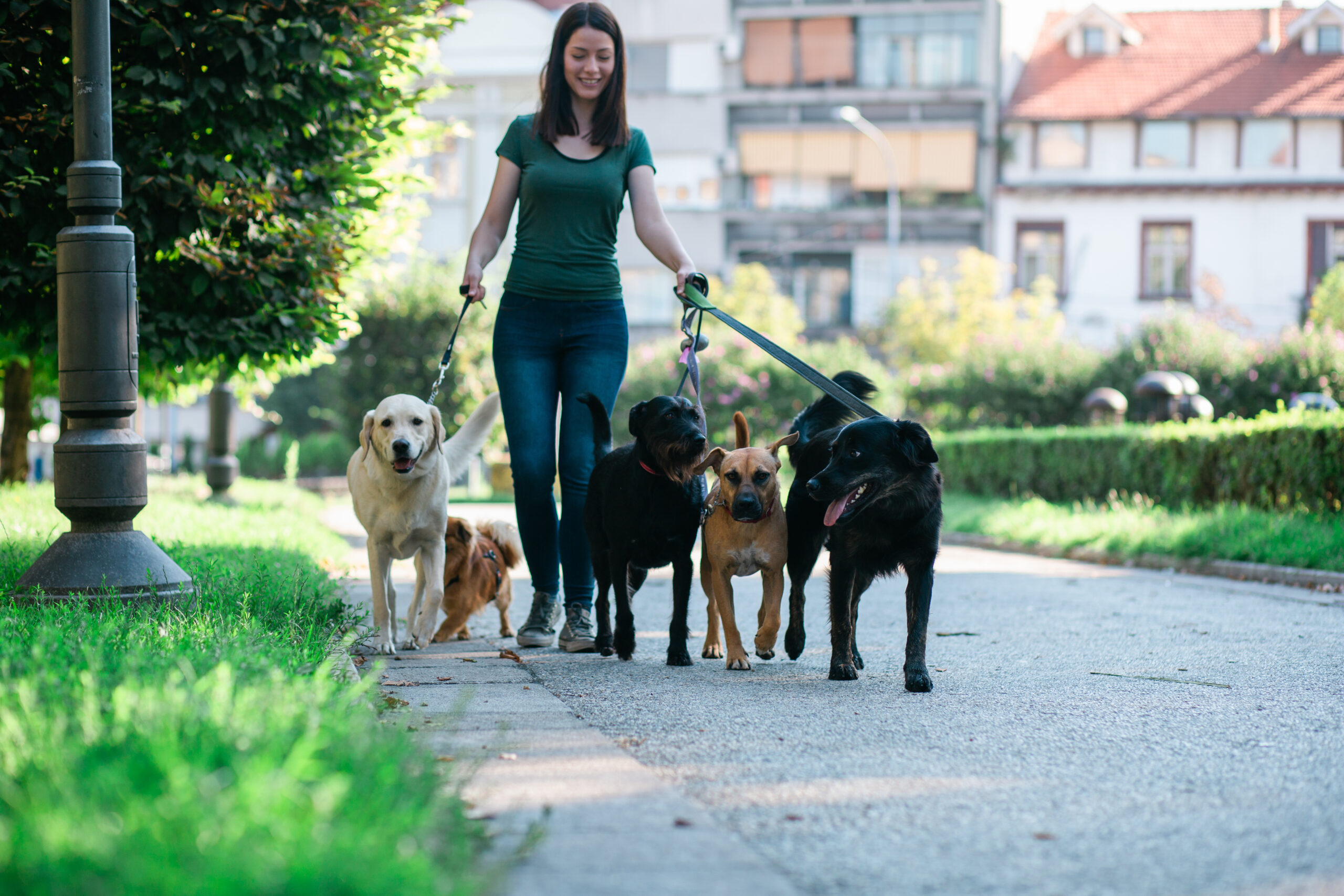There are plenty of reasons to consider using donor eggs and just as many to consider donating eggs.
One of the biggest reasons to donate eggs is to give another person, or couple, the gift they desire most: a baby. Of course, compensation plays a role, too, as many fertility clinics pay donors generously for donating eggs. Donors also get access to free ovarian reserve testing, ultrasounds, disease screening, mental counseling, and much more, which can help them plan their own pregnancies down the line and provides invaluable health information regardless of pregnancy plans.
Despite these benefits, donating eggs is not an easy decision, and donors often spend a lot of time researching the process before moving forward. One common question donors have is whether they will remain nonidentified after another woman uses their eggs to have a baby – in other words, will this child, or multiple children, ever identify and contact the donor in the future? Donor egg recipients often have the same question – will my child be able to identify and contact their biological mother?
As a potential donor, or woman considering using donated eggs, here’s what you need to know about anonymity.
What Type of Egg Donor Situations Exist?
There are generally three types of egg donor situations:
Non-direct, or nonidentified, donations, which represent the most common egg donation arrangement (used by Ovatures), refer to the process where a woman anonymously donates her eggs to a fertility clinic. The donor and intended parent(s) are never in contact with one another, and the donor’s profile contains no identifying information. This depends on the clinic, but the profile usually has the donor’s personal medical history and current health status, psychological health, family health history, and a description of their appearance, ethnicity, personality, and level of education.
With semi-nonidentified or semi-open donations, the donor and intended parent(s) share limited personal information, such as first names, in addition to the information provided in the donor’s profile mentioned above. This arrangement allows for future contact if both parties agree but is never required.
Directed donations refer to when a family member or friend has agreed to donate her eggs to the intended parent(s). The parents and the child know the donor’s identity, which allows the child to have a relationship with their genetic mother if they desire.
Ovatures’ Anonymity Policy
Ovatures offers nonidentified egg donations and follows all necessary guidance to protect the identity of donors.
Our team goes to great lengths to ensure that your identity remains nonidentified, both during and after your cycle. The intended parent(s) review only basic information, such as physical characteristics, ethnicity, health history, and other non-identifying information. If you like, you can provide an adult or baby picture to give recipients a better sense of who you are.
So I Will Remain Nonidentified? Maybe Not: The Implications of Widespread DNA Testing
In the past, fertility clinics were able to promise their donors complete anonymity. However, with the proliferation of commercial genetic testing companies such as 23andMe and Ancestry.com, it has become increasingly challenging to protect a donor’s identity.
The truth is that it is possible a child resulting from donated eggs will identify and contact the donor (or the donor’s other offspring, more likely) in the future.
While this may seem like a bad thing, it’s a very good thing for many children and teens looking to make connections with half-siblings, and donors considering donating eggs should be comfortable with the possibility of being identified before proceeding with donation.
How Would 23andMe Identify Me as a Donor?
While some people use services like 23andMe to test their DNA for genetic diseases and get information on their ethnicity and cultural background, others use them to connect with genetic relatives. This is usually an opt-in feature, but anecdotal evidence suggests that approximately 50% of people using these services will enable this feature.
In 2019, the MIT Technology Review reported that nearly 26 million people had shared their DNA with health and ancestry databases, which “allows researchers to trace relationships between virtually all Americans.” The number is likely a lot higher at this point.
Here’s how the databases would identify egg donors: Essentially, if anyone biologically related to the donor, the donor herself, other children conceived from the donor (either the donor’s own children or those from eggs donated to other women and couples), or anyone biologically related to those children gives their DNA to one of these databases and checks the box to have that DNA matched with relatives, and the donor-conceived child does too, that child could contact the donor’s other genetic relatives and discover the donor’s identity.
Keep in mind this can be accidental or intentional on the part of the donor-conceived child but is usually done to connect with half-siblings, not to develop a relationship with the donor.
So This is a Good Thing?
Most children conceived with donor eggs (or sperm!) will grow up knowing their parent(s) aren’t their biological parents, as this type of honesty is encouraged by professionals and agreed upon by intended parents for the child’s well-being. And while those children love their parents, we are all born curious, and chances are very high that at some point during their teens (or later), these children will begin to ask questions, especially about the possibility of half-siblings, which are very common with donated eggs or sperm.
Children conceived with donor eggs may want to learn more about their genetic medical history, explain character traits, understand where “they come from,” or, as mentioned above, seek to find genetic siblings that can give them a sense of identity, comfort, belonging, family and community. The reasons why donor children seek this information and choose to have their DNA tested are plentiful and valid. It doesn’t mean that they love their parents any less, but it is part of their journey in establishing their identity and place in this world.
Through DNA testing sites, kids and teens finding genetic relatives have formed a vibrant, thriving community. They meet for coffee, form friendships, and sometimes become permanent members of each other’s families.
And while most children seek to build relationships with their siblings, it’s possible others may reach out to the donor and ask for a meeting. While this may sound scary at first, the donor can always say ‘no,’ or say ‘yes’ and give them the answers they’ve been looking for for a long time on their self-discovery journey. Usually, these relationships follow the intention of both parties – if both parties want to stay in touch, that happens. If one does not, the relationship is short-lived and still very healthy.
Considerations for Potential Egg Donors
Parental Rights
There are other considerations for potential egg donors. Still, one thing is important to remember. While complete anonymity is impossible to guarantee, the discovery of the donor’s identity does not impact the parents’ legal parental rights. Whether or not the child finds their biological oocyte donor, the recipients of the donor eggs are always the full legal parents of the child.
The Process of Donating Eggs
No evidence suggests that donating your eggs negatively impacts your ovarian reserve or ability to conceive a child later on. Your body naturally matures eggs from your ovarian reserve each month, and the donation process only “activates” those eggs – it does not use additional eggs. Plus, the process is very safe.
The whole process of donating eggs typically takes between 1 and 2 months.
At Ovatures, we usually complete the screening process within 30 days and need another 2 weeks for the actual donation cycle. You will be given injectable hormones that will grow multiple eggs in your ovaries during this time. Most appointments during this time will be early in the morning, which will reduce the time you need to excuse yourself from work or class.
At the end of the cycle, a fertility doctor will remove the eggs from your ovaries using an ultrasound-guided needle while you are under light anesthesia. After the 15-minute procedure, you’ll recover in the clinic for a few hours before heading home. Many women can resume normal activity (but not sex or exercise) the next day.
What Happens After I Donate?
After you donate, you will be compensated for your time – and on top of that, you’ll know you helped another woman or couple (or multiple women or couples) start their families, which is, well…priceless.




